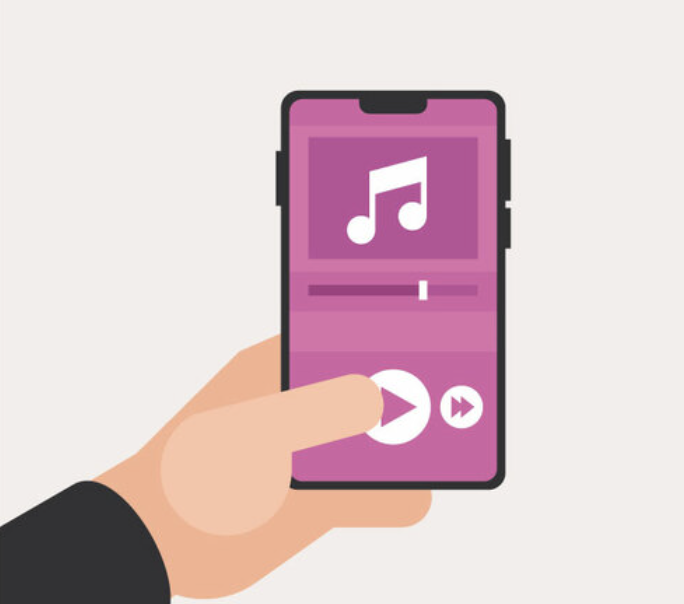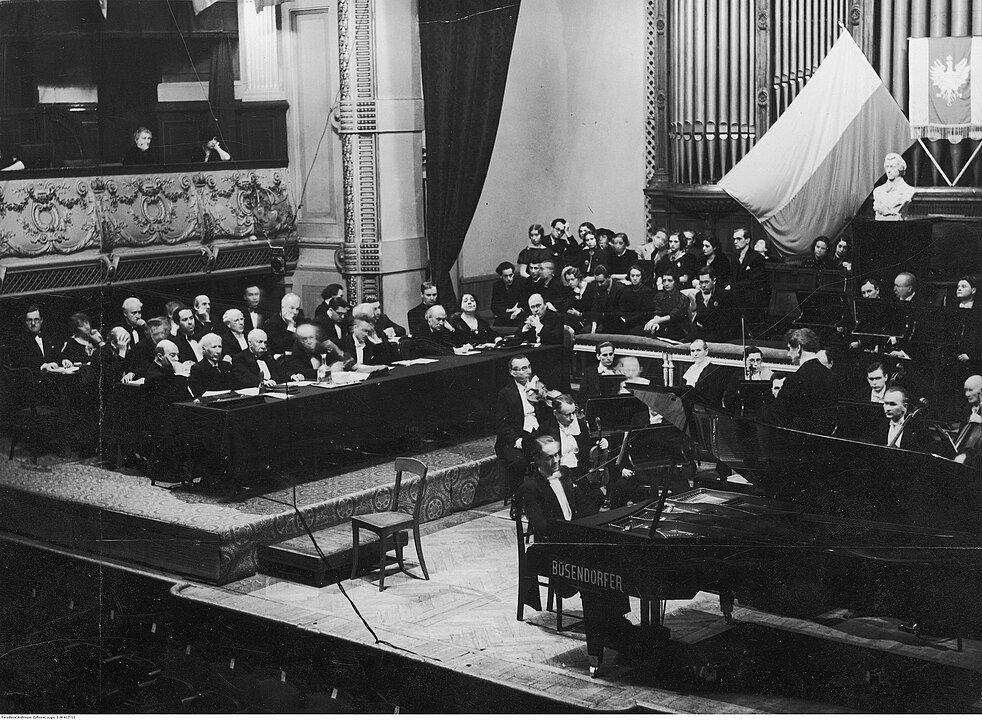Before the start of the 2000s the music business was in a bonanza thanks to the massive revenues that it got from selling CD’s. Artists would consider that their share of the pie was good enough and they seem to consider that their art was being rewarded correctly (for the exception of Radiohead and tom Yorke who likes to experiment how much value a listener gives to its music). But then, Napster came and everything changed, internet made piracy easy and the music industry was going down. When there was no salvation in sight Spotify came and saved the dying industry. Even with this a lot of Artists seem to think that it is just more piracy but why? What is the reason behind this?
In 1999 the music industry was booming. Artists and record labels earned great amounts of money by selling CD’s. But, at the same time in June of the same year Napster was born. It gave the possibility to individuals to share their mp3 files so as long as someone uploaded the mp3 file of the song you wanted you could find it and, if you had internet, you could download it. This caught by surprise the music industry and it also spelled doom for them. Suddenly, consumers did not need to buy a full CD but only look it up in the web and download not the album but the single song they liked of that album.
Earnings started to drop and technology companies such as apple started to look at the opportunities that digitization provided. A solution to Napster was iTunes, there you might not be able to freely download your music but, it permitted the consumers to buy the songs they wanted at the same price by song. Now, even though the consumer may get the music legally and for so record companies and artists would get royalties it was not the same as getting 17$ for an entire CD. Furthermore, it also did not solve the problem of piracy as more and more sites appeared that let consumers get their music for free as long as someone shared it.
Is in this environment that Spotify appears, it offers a novel solution in 2006. It will grant consumers access to a wide library of titles, paying the royalties required to the artists and record labels while not charging users as this line of service is paid by advertising and is more limited in the functionalities it provided while a subscriber flat rate service grants more functionalities, plus the possibility to download songs to use while consumers are offline. This and other platforms have allowed the music industry to rise again, to have revenues and finally stop it’s decline although the royalties that end up in the hands of the artists are still very low (between $0.003 and $0.005).
Nonetheless, several artists such as Tom Yorke and Taylor Swift consider that it is still piracy as they feel the earnings they’ve receive are not fair and that Spotify (at least their free service) as well as other platforms are just Napster 2.0. These positions are regarding the free service, in fact they are quite happy with the subscription-based service as the subscribers of these platforms pay higher values for the access to their music. So, as there are two opposite positions the question arises of what is the logic behind them, more than anything, behind their position regarding the free service of Spotify.
The article published by Aly Tovar et al. in the Journal of cultural Economics under the tittle “Why would artists favour free streaming?” tackles this issue and show that young artists, artists that have young audiences and that are just starting like the free streaming service of Spotify as it gives them the opportunity to be known, to get more fans, to get more people in their concerts and for so permits them to get more revenues. In the other hand, more reputable, known, rich and famous artists do not like it as it does not pay the same as selling an entire album in a CD. Furthermore, they consider that the free service of Spotify is just another way of piracy that does not recompense the artists work in a fair way.
The position of those people that do not like the free service of Spotify has an economic logic which is basically that their earnings are as big as they want them to be.
This position is logic although not a good one as it has been shown lately with a lot of these artists opening their records to Spotify and other platforms proving that even if they do not agree with the system, they do agree with being paid something for their work, which, in hindsight, tells you were they priorities are, not so much in the creative but more in the material.
About the article
Aly-Tovar, R., Bacache-Beauvallet, M., Bourreau, M., & Moreau, F. (2020). Why would artists favor free streaming?. Journal of Cultural Economics, 44(2), 255-280.
About the author
José Aly Tovar is statistical studies coordinator for HEC Paris and has a Ph.D. in economics from the Université Sorbonne Paris Nord.







